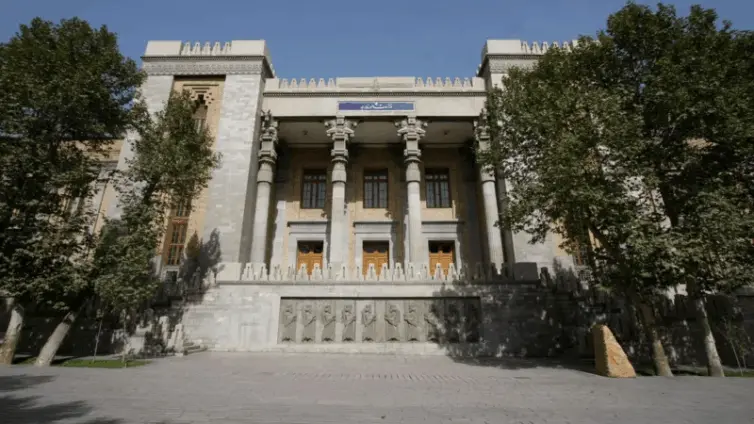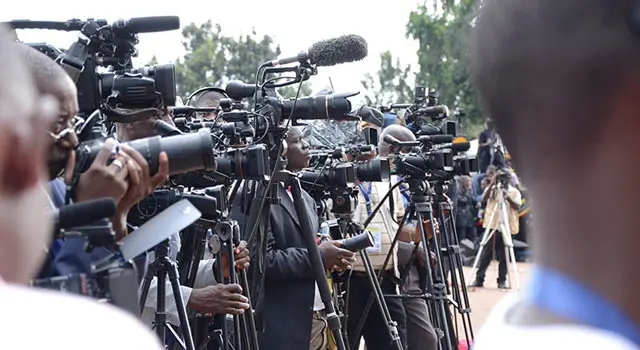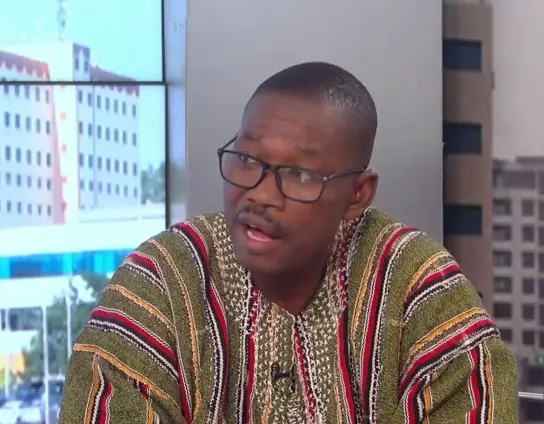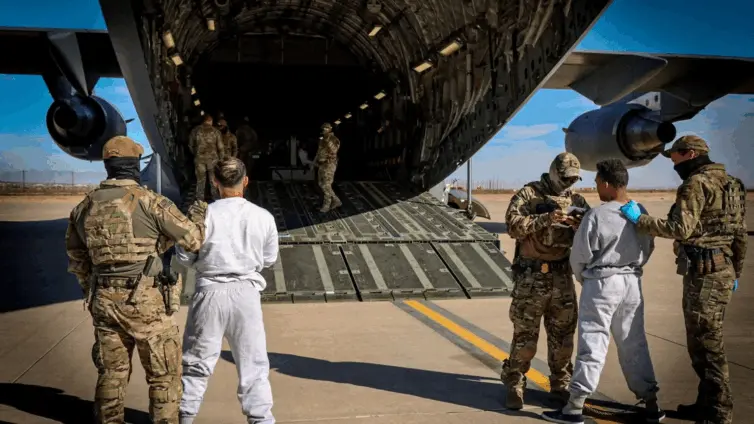Tensions between Iran and Britain have escalated sharply in recent weeks, casting a shadow over already strained diplomatic relations. The catalyst: a series of arrests and accusations centering on what authorities are calling UK spying claims, targeting individuals associated with a London-based media outlet critical of the Iranian regime. The unfolding situation has led to a rare, simultaneous summoning of envoys, signaling the seriousness with which both nations are treating the matter.
Historically, relations between Iran and Britain have been complex, marked by periods of cooperation and conflict. The current crisis adds another layer of intricacy, raising questions about the future of diplomatic engagement and the potential for further deterioration. This report will delve into the details of the recent events, exploring the spying allegations, the diplomatic fallout, and the broader security implications for both countries.
At the heart of the issue are the UK spying claims involving alleged surveillance activities directed towards Iran International, a Persian-language television station. But what exactly do we know about these allegations?
Three Iranian men, identified as Mostafa Sepahvand, Farhad Javadi Manesh, and Shapoor Qalehali Khani Noori, were arrested on May 3rd and subsequently appeared in court in London. They face charges related to espionage activities allegedly conducted between August 2024 and February 2025. The focus of their alleged surveillance was reportedly journalists connected to Iran International.
Iran International has become a prominent voice critical of the Iranian government. This critical stance has led to the organization being proscribed in Iran as a terrorist entity, highlighting the sensitivity surrounding its operations and the safety of its personnel. The three men had arrived in the UK between 2016 and 2022 and were granted temporary leave to remain after claiming asylum.
The repercussions of these arrests have extended beyond the courtroom, triggering a diplomatic back-and-forth. According to the IRNA news agency, Iran summoned the British charge d’affaire in response to what it considers “unjustified” and “politically motivated” arrests. This act of diplomatic protest underscores Iran’s strong dissatisfaction with the UK’s actions.
The UK Foreign Office responded in kind, summoning Tehran’s ambassador to the UK. The British government has made it clear that protecting national security is its utmost priority. “The summons follows this weekend’s announcement which stated that three Iranian nationals had been charged with engaging in conduct likely to assist a foreign intelligence service,” the Foreign Office stated.
This diplomatic maneuvering reflects the heightened tensions and underscores the seriousness with which both nations are addressing the UK spying claims and their potential implications.
The arrests of the three men are not isolated incidents. On the same day, five other Iranian men were arrested in connection with a separate counter-terrorism investigation. These arrests took place across various locations, including London, Swindon, Stockport, Rochdale, and Manchester, indicating a coordinated operation. While four of the men have since been released, the investigation remains ongoing, suggesting that authorities are still actively pursuing potential threats.
Home Secretary Yvette Cooper has issued strong statements emphasizing the gravity of the situation. “Iran must be held to account for its actions,” Cooper declared. Further, she emphasized the need to bolster national security measures. “We must also strengthen our powers to protect our national security as we will not tolerate growing state threats on our soil.”
In summary, the recent escalation between Iran and Britain, triggered by UK spying claims, has led to a complex situation involving arrests, diplomatic summons, and broader security concerns. Investigations are ongoing, and the potential impact on UK-Iran relations remains uncertain. The British government has emphasized its unwavering commitment to addressing state threats and safeguarding national security, particularly concerning alleged espionage activities on its soil. The situation continues to develop, with potential ramifications for both domestic security and international relations.
Image Source: MYJOYONLINE






















